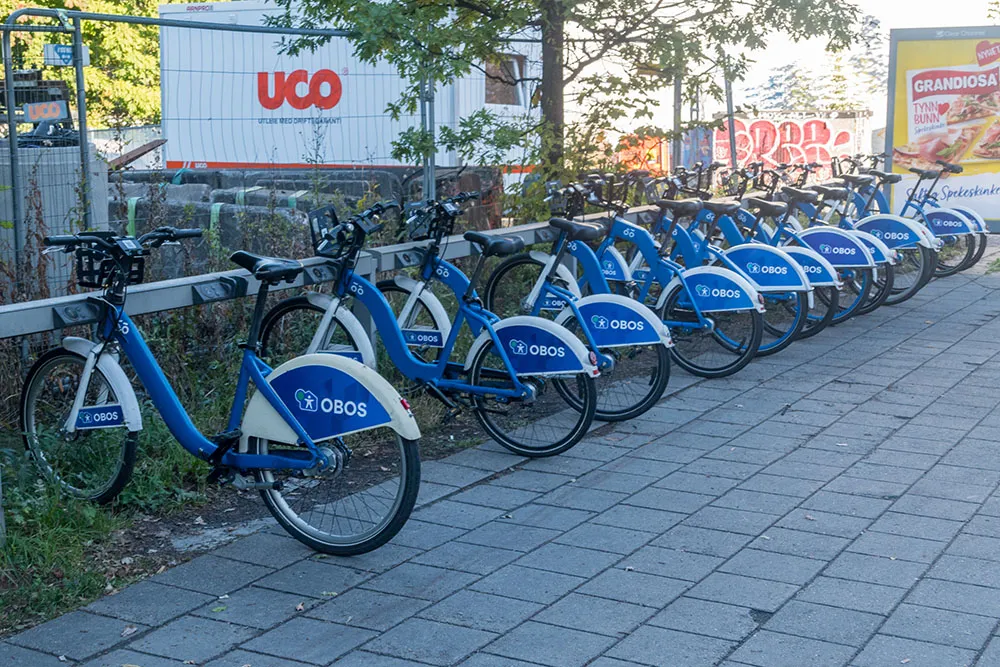
Oslo said it will likely build only 80km of the planned 100km of cycle paths by next year due to recent COVID pandemic restrictions.
The aim, set out in 2019, is to build 100km by 2023, said Sirin Stav, deputy mayor and head of the Norwegian capital city’s Environment and Transport Department.
Oslo already has around 260km of cycle paths with the goal of having around 530km in the coming years. Stav noted that more than €200.5 million has been set aside for cycling infrastructure construction over the next four years.
Oslo, which is both a county and a municipality, has a city population of around 705,000 while the metropolitan area has an estimated population of more than 1.7 million. Many of the city’s motorways pass through the downtown and nearby centres in tunnels.
Meanwhile, the capital has been promoting the use of electric vehicles to the point where more than 40 percent of all registered cars in the municipality are electric. In September 2021, the number of electric vehicles entering Oslo's toll ring orbital motorway was higher than the number of fossil-fuelled vehicles.










